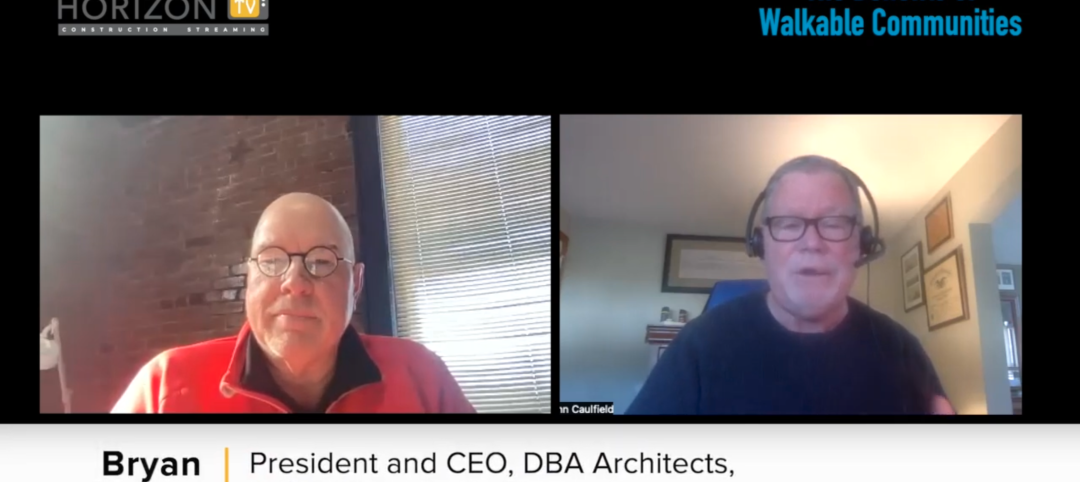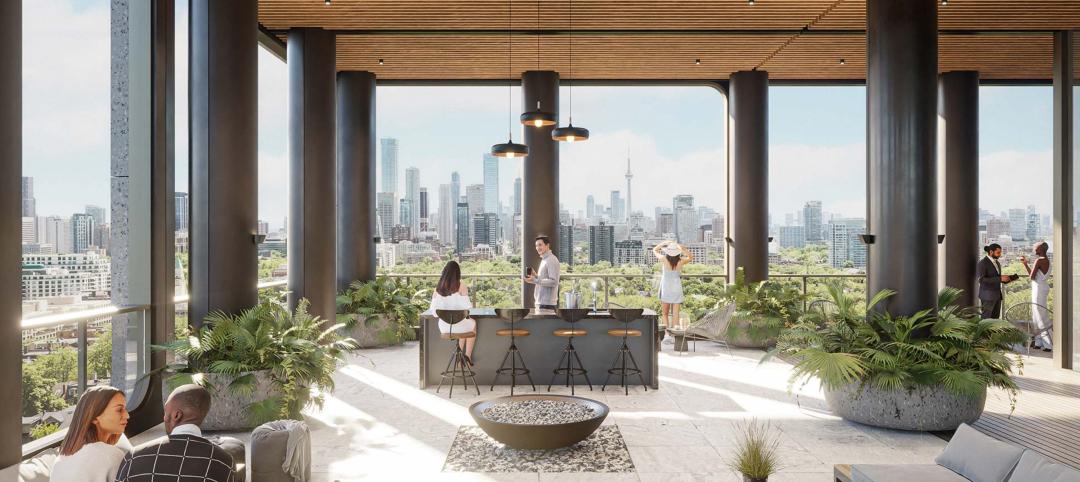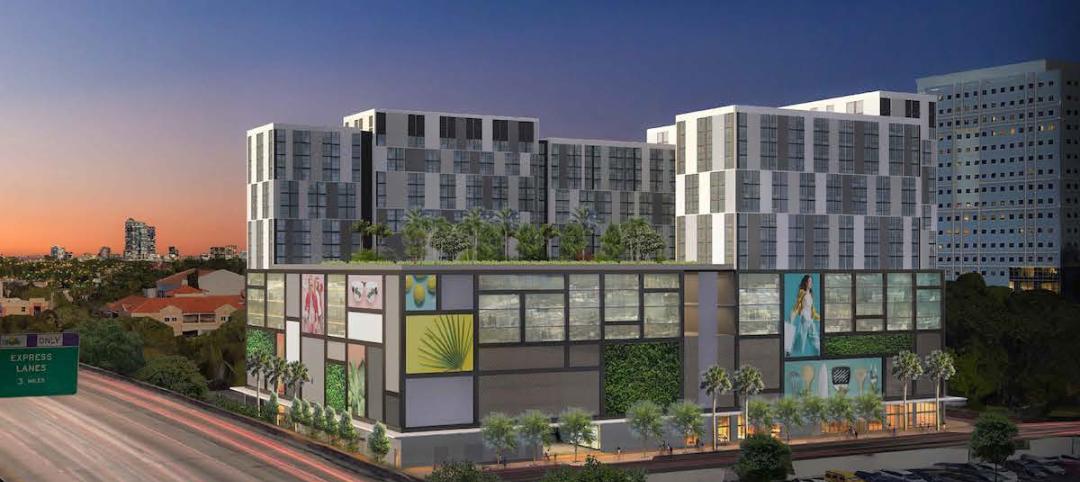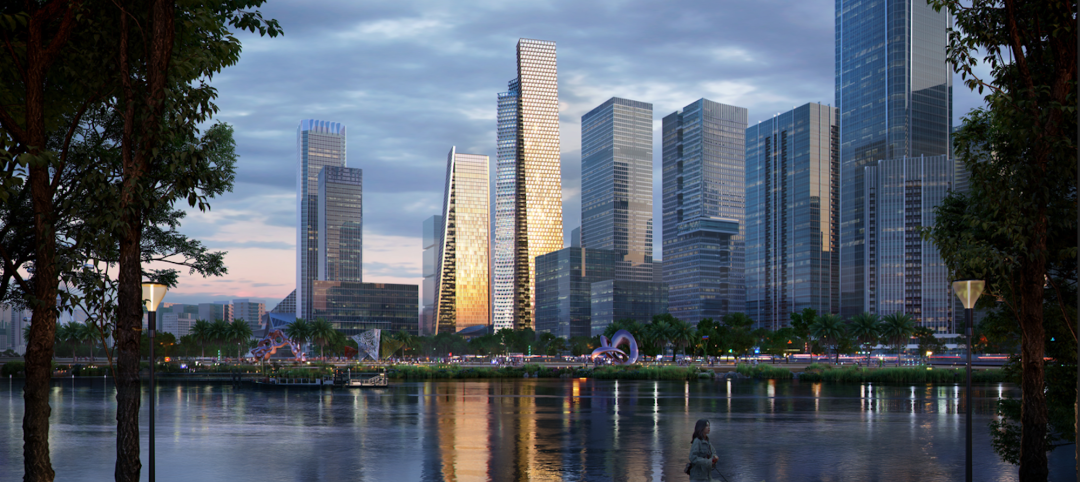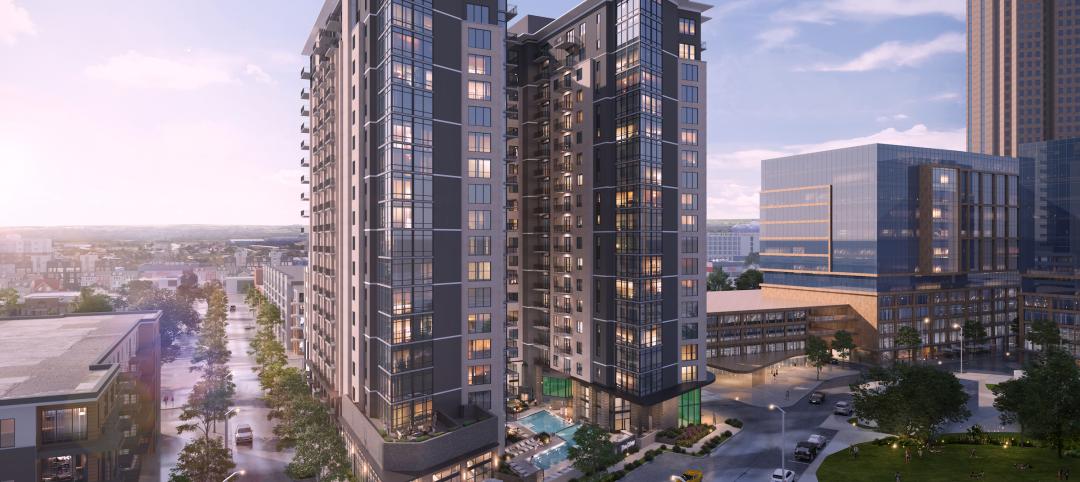Kaiser Permanente has entered into a partnership with Community Solutions to accelerate efforts to end chronic homelessness in 15 communities within the healthcare system’s national footprint.
Over the next three years, Kaiser Permanente will provide $3 million to Community Solutions’ Built for Zero initiative, which since 2015 has used real-time data and existing resources to help 10 communities house more than 65,227 veterans and another 38,583 chronically homeless Americans. The organization estimates that, on any given night, as many as 125,000 people are chronically homeless in America today.
A spokesperson for Community Solutions, Jake McGuire, tells BD+C that his organization’s purpose is to assist communities in pulling together homeless information into one database that would be updated monthly, as the first step toward devising testable strategies to address homelessness.
Those solutions will vary by community. But the goal is to place homeless individuals and families into permanent housing with appropriate support services and case management. McGuire says that it’s less about building new apartments than about unifying a community’s disparate efforts to reduce chronic homelessness.
Kaiser Permanente is one of several partners working with Community Solutions. Others include The Home Depot Foundation, JPMorgan Chase & Co., The Ballmer Group, and Tableau Foundation, which provides data analytics software.
Six of the 15 Kaiser Permanent communities participating in Built for Zero are in California: Sacramento and Sacramento County, Marin County, Richmond and Contra Costa County, Fresno and Madera County, Santa Cruz, Watsonville, and Santa Cruz County; Bakersfield and Kern County, and Riverside County. The other participating markets are Washington D.C., Baltimore, Montgomery County, Md., Arlington County, Va., Fairfax, Va., Denver, Atlanta, and Honolulu.
Rosanne Haggerty (center), president of Community Solutions, speaking at Austin's South by Southwest Conference, where she announced a partnership with Kaiser Permanente, whose Chief Community Health Officer Bechara Choucair is sitting to her right. Bobby Watts, CEO, National Health Care for the Homeless Council, is to Haggerty's left. Image: Community Solutions.
The news of the alliance between Kaiser and Community Solutions was made public today during a panel discussion at the South by Southwest Conference in Austin, Texas. The panelists were Bechara Choucair, M.D., Chief Community Health Officer for Kaiser Permanente; Bobby Watts, CEO of the National Health Care for the Homeless Council; Laurel Blatchford, president of Enterprise Community Partners; and Rosanne Haggerty, president of Community Solutions.
In January, Kaiser Permanente announced separately its commitment to house 500 chronically homeless people over the age of 50 in Oakland, Calif. Last year, Kaiser created its Thriving Communities Fund, a $200 million investment fund focused on addressing affordable housing and other factors that contribute to homelessness.
There are just under 553,000 people who, on a given night, are homeless in the U.S. Approximately 35% are them are unsheltered, according to the U.S. Department of Housing and Urban Development. About 36,000 of these homeless are unaccompanied youths under 25 years old. Half of all homeless people are located in five states: California, New York, Florida, Texas, and Washington
HUD estimates that while chronic homelessness—i.e., someone with a disability who has been homeless for at least a year—is considerably below what it was a decade ago, it has been inching up over the past two years. HUD estimates that nearly one quarter (24%) of all homeless people experience chronic patterns of homelessness, and nearly two-third of these chronically homeless are unsheltered.
The persistent shortage of affordable housing in the U.S. hasn’t helped matters. While the connection between affordability and homelessness may not be as palpable as it was during the last recession—when nearly four million homes were foreclosed each year—many people nevertheless are worried that affordable shelter, either owned or rented, seems out of reach for so many.
Nearly three out of four American households believe the nation is suffering from a housing affordability crisis, according to a representative survey of 2,203 adults that the National Association of Home Builders conducted last November. Seventy-three percent of those polled said that a lack of affordable housing was a problem in the U.S., 68% said this was an issue in their state, and 54% saw it as an issue in the neighborhood.
Related Stories
Seismic Design | Feb 27, 2023
Turkey earthquakes provide lessons for California
Two recent deadly earthquakes in Turkey and Syria offer lessons regarding construction practices and codes for California. Lax building standards were blamed for much of the devastation, including well over 35,000 dead and countless building collapses.
Multifamily Housing | Feb 21, 2023
Watch: DBA Architects' Bryan Moore talks micro communities and the benefits of walkable neighborhoods
What is a micro-community? Where are they most prevalent? What’s the future for micro communities? These questions (and more) addressed by Bryan Moore, President and CEO of DBA Architects.
Multifamily Housing | Feb 21, 2023
Multifamily housing investors favoring properties in the Sun Belt
Multifamily housing investors are gravitating toward Sun Belt markets with strong job and population growth, according to new research from Yardi Matrix. Despite a sharp second-half slowdown, last year’s nationwide $187 billion transaction volume was the second-highest annual total ever.
Multifamily Housing | Feb 21, 2023
New multifamily housing and mixed-use buildings in Portland, Ore., must be ready for electric vehicle charging
The Portland, Ore., City Council recently voted unanimously to require all new residential and mixed-use buildings to be ready for electric vehicle charging. The move amends Portland’s zoning laws to require all new multi-dwelling and mixed-use development of five or more units with onsite parking to provide electric vehicle charging infrastructure.
Reconstruction & Renovation | Feb 16, 2023
Insights from over 300 potential office-to-residential conversions
Research from Gensler finds that, surprisingly, the features that result in an unpleasant office often make for a superlative multifamily product.
Multifamily Housing | Feb 16, 2023
Coastal Construction Group establishes an attainable multifamily housing division
Coastal Construction Group, one of the largest privately held construction companies in the Southeast, has announced a new division within their multifamily sector that will focus on the need for attainable housing in South Florida.
High-rise Construction | Feb 15, 2023
Bjarke Ingels' 'leaning towers' concept wins Qianhai Prisma Towers design competition
A pair of sloped high-rises—a 300-meter residential tower and a 250-meter office tower—highlight the Qianhai Prisma Towers development in Qianhai, Shenzhen, China. BIG recently won the design competition for the project.
Senior Living Design | Feb 15, 2023
Passive House affordable senior housing project opens in Boston
Work on Phase Three C of The Anne M. Lynch Homes at Old Colony, a 55-apartment midrise building in Boston that stands out for its use of Passive House design principles, was recently completed. Designed by The Architectural Team (TAT), the four-story structure was informed throughout by Passive House principles and standards.
Multifamily Housing | Feb 11, 2023
8 Gold and Platinum multifamily projects from the NAHB's BALA Awards
This year's top BALA multifamily winners showcase leading design trends, judged by eight industry professionals from across the country.
Multifamily Housing | Feb 10, 2023
Dallas to get a 19-story, 351-unit residential high-rise
In Dallas, work has begun on a new multifamily high-rise called The Oliver. The 19-story, 351-unit apartment building will be located within The Central, a 27-acre mixed-use development near the Knox/Henderson neighborhood north of downtown Dallas.




